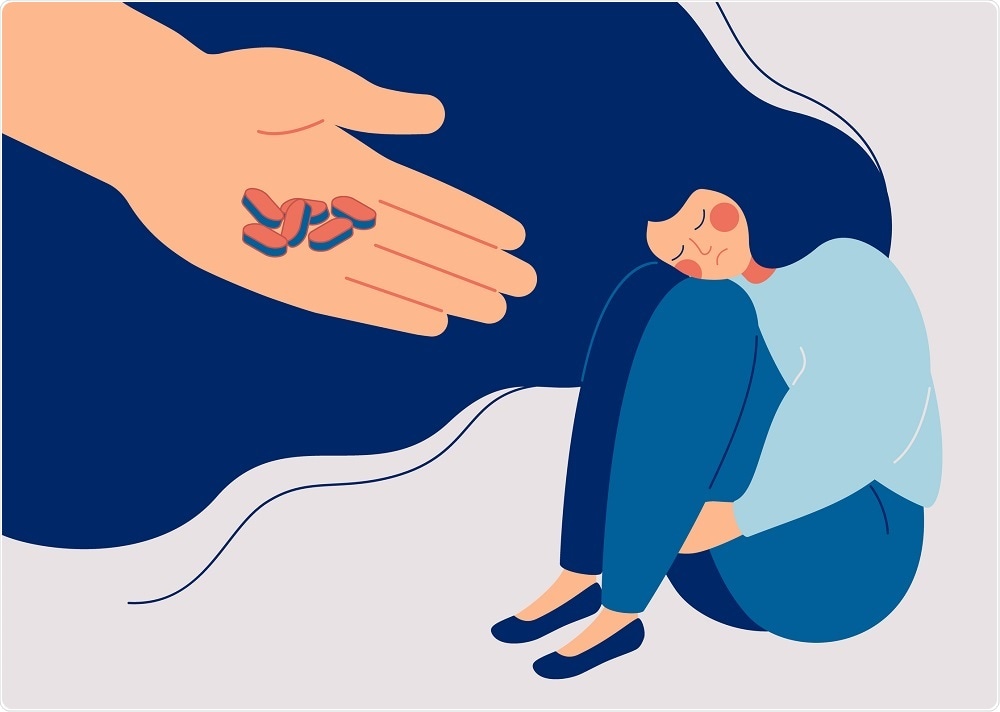 Mary Long | Shutterstock
Mary Long | Shutterstock
Less than half of GPs have mental health training
It has been found that practice-based training in mental health is not compulsory for GPs in the UK even though a huge 40% of all appointments relate to mental health issues.
The data uncovers that only 46% of GPs who finished their training in 2017 had opted to complete a psychiatry placement in order to prepare them to handle mental health problems brought to them by patients.
These statistics are worrying, given that the number of people seeking help for mental health is increasing, and a lack of knowledge and experience of GPs is leading to medication being handed out to people who are unaware of the potentially devastating side effects, such as suicidal thoughts.
4 out of 5 patients are unaware of the potential side effects
In 2018, Mind ran its annual Big Mental Health Survey, and only 21% of respondents with mental health problems claimed that side effects of their medication had been explained to them. This means that four out of five patients are being left in the dark about side effects.
In addition to this, Mind discovered that more than half of respondents, 53% stated that they were not given enough information on the purpose of the medication they had been prescribed.
It is clear that there is a lack of communication between GPs to patients when it comes to treating them for mental health issues. Likely, this is due to GPs themselves lacking training in this area. The consequences of failing to educate patients on the medication they are being described are huge.
Depressed patients left unaware that antidepressants can cause suicidal thoughts
Mind has acknowledged that GPs need to be supported in their development in the mental health sector, they are calling for more training options to be made available to GPs in order for them to be more prepared and educated, enough to be confident in giving the quality of care that patients with mental health problems deserve.
Medication is not the only root to tackling mental health problems, and other therapies such as Cognitive Behavioral Therapy can be more effective than drugs. Growing GPs’ knowledge and expertise in this area can help to GPs and patients making the right decision based on each case.
As medication can cause strong side effects, they are not always suitable for everyone, and it is key that patients are prepared for these so they can inform their doctor when they are suffering, helping to inform the treatment plan.
Between 2017 and 2018 a huge 7.2 million people in the UK took antidepressants, that’s roughly one in six people. In addition, millions more taken medication for anxiety, sleep disorders, and other mental health problems. Given vast number of people being prescribed this medication, failure to explain side effects could be having a huge negative impact on a significant portion of the population.
Side effects of antidepressants can include severe issues such as suicidal thoughts. Considering the already low mood and the potential suicidal tendency of the person being prescribed psychiatric drugs, it is absolutely paramount that GPs make these potential side effects completely clear to patients.
Mania, sexual problems, decreased alertness and diabetes are also significant potential side effects of antidepressants that have the potential to cause great distress to a population who are already trying to handle mental health problems.
The results of Mind’s survey make a clear case for the NHS to support their GPs’ expertise in mental health by offering them sufficient training.